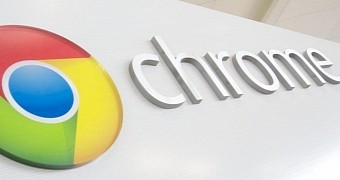Google is pushing for the WWW to switch to HTTPS in an attempt to make websites more secure, and now the search giant is taking a big step to force the move to secure connections.
Google Chrome browser, which is running on more than 50 percent of the desktop computers, will start flagging HTTP websites collecting passwords or credit cards as “not secure,” explaining that the only way for websites to avoid being labeled insecure is to “secure traffic with HTTPS.”
The beta version of Google Chrome will be the first to get it in the coming weeks before the same feature is implemented in the stable release as well. Google says that this label will roll out gradually, so in early 2017 all users should see it when visiting HTTP websites asking for sensitive info.
“To help users browse safely, Chrome indicates connection security with an icon in the address bar. Historically, Chrome has not explicitly labelled HTTP connections as non-secure,” Google announced. “Starting in version 56, Chrome will mark HTTP pages that collect passwords or credit cards as non-secure, as part of a long-term plan to mark all HTTP sites as non-secure.”
Bluetooth improvements
Google has also announced that Chrome 56 beta is bringing some changes for websites that would allow them to interact with Bluetooth Low Energy devices using Web Bluetooth API on Android, Chrome OS, and Mac.
“The Web Bluetooth API uses the GATT protocol, which enables web developers to connect to bluetooth devices such as printers and LED displays with just a few lines of JavaScript. Web Bluetooth can also be combined with Physical Web beacons to discover and control nearby devices,” says the search giant.
Note that these features will originally be implemented in the beta version of the browser, but depending on how testing goes, they should be ready for the next stable release of Google Chrome in early 2017.

 14 DAY TRIAL //
14 DAY TRIAL //